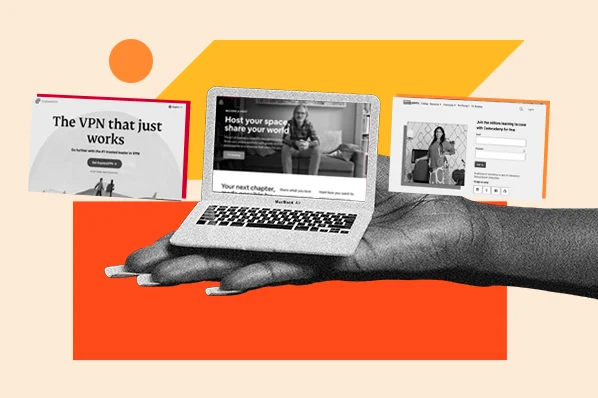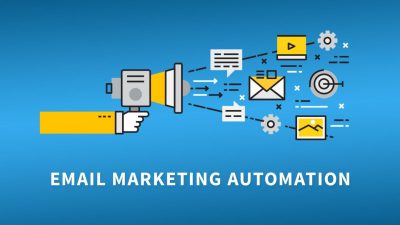Introduction
Landing pages are the cornerstone of digital marketing campaigns. Whether you’re promoting a product, collecting leads, or driving event registrations, a well-crafted landing page can make or break your conversion rates. But creating a landing pages that convert requires more than just good design — it demands strategic thinking, persuasive copy, and a deep understanding of user behavior.
In this blog, we’ll explore the anatomy of landing pages that convert, common mistakes to avoid, and proven techniques to boost performance across industries.
1. What Is a Landing Page?
A landing page is a standalone web page designed with a single, focused objective — typically tied to a marketing campaign. Unlike a homepage, which serves multiple purposes, a landing page is built to guide users toward a specific action:
- Signing up for a newsletter
- Downloading a resource
- Purchasing a product
- Booking a demo
2. Why Landing Pages Matter
✅ Higher Conversion Rates
Focused messaging and design reduce distractions, increasing the likelihood of action.
✅ Better Campaign Tracking
Landing pages allow marketers to measure performance and optimize based on data.
✅ Improved User Experience
Tailored content creates a seamless journey from ad to action.
3. Key Elements of a High-Converting Landing Page
1. Clear and Compelling Headline
Your headline should immediately communicate value and relevance. It’s the first thing users see — make it count.
Tips:
- Use benefit-driven language
- Keep it short and punchy
- Align with ad copy or email subject line
2. Persuasive Subheadline
The subheadline supports the main headline by adding context or reinforcing the offer.
Example:
Headline: “Get More Leads in Less Time”
Subheadline: “Download our free guide to automate your lead generation process.”
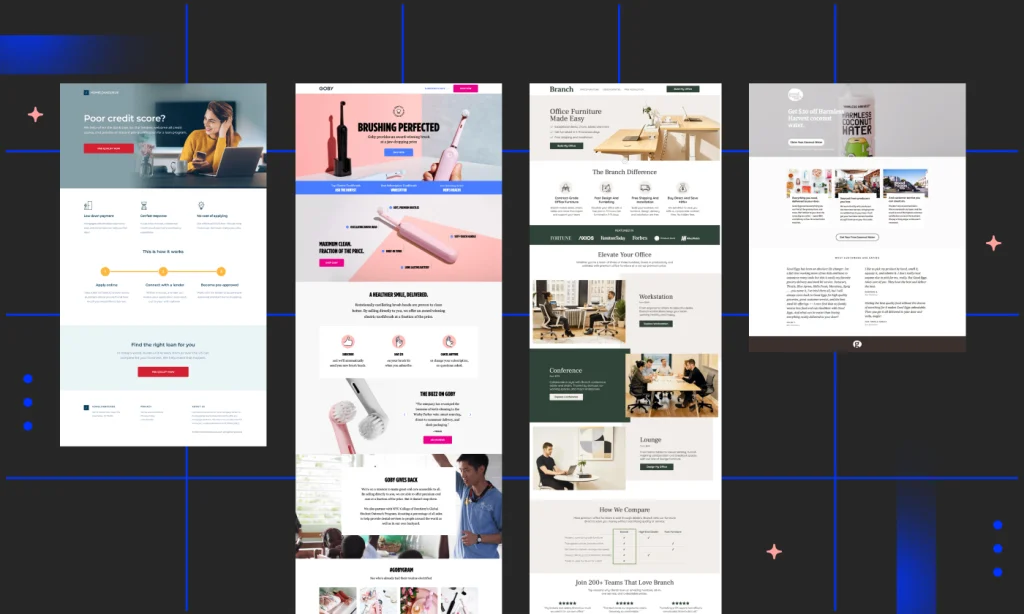
3. Strong Visuals
Images, videos, or illustrations should support the message and evoke emotion.
Tips:
- Use product shots, hero images, or explainer videos
- Avoid generic stock photos
- Ensure fast loading and mobile responsiveness
4. Benefit-Oriented Copy
Focus on what the user gains, not just what the product does.
Tips:
- Use bullet points for scannability
- Highlight pain points and solutions
- Keep paragraphs short
5. Clear Call-to-Action (CTA)
Your CTA should stand out and clearly state what happens next.
Examples:
- “Download Now”
- “Start Free Trial”
- “Book Your Spot”
Tips:
- Use contrasting colors
- Place CTA above the fold and repeat it below
- Test different wording and placements
6. Trust Signals
Social proof builds credibility and reduces hesitation.
Types:
- Testimonials
- Reviews
- Trust badges (SSL, payment security)
- Client logos
7. Minimal Distractions
Remove navigation menus, sidebars, and unnecessary links. Keep users focused on the goal.
4. Types of Landing Pages
1. Lead Generation Pages
Used to collect user information via forms. Common in B2B and service industries.
2. Click-Through Pages
Used in e-commerce to warm up users before sending them to a checkout page.
3. Squeeze Pages
Designed to capture email addresses with minimal content.
4. Sales Pages
Long-form pages that persuade users to make a purchase.
5. Event Registration Pages
Used to promote webinars, workshops, or live events.
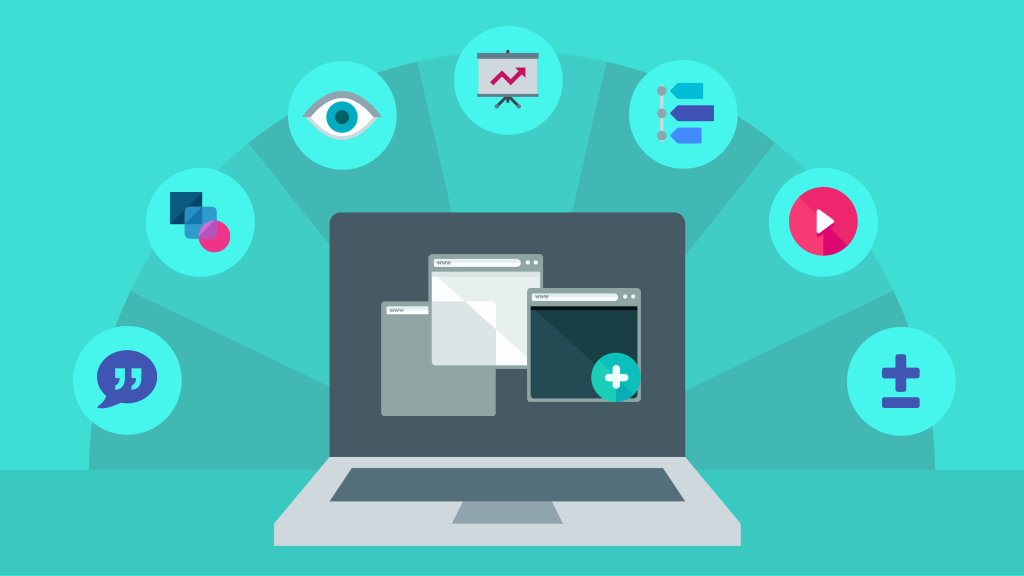
5. Mobile Optimization
With over 60% of traffic coming from mobile devices, responsive design is essential.
Tips:
- Use large buttons and readable fonts
- Minimize form fields
- Optimize images for fast loading
6. A/B Testing and Optimization
What to Test:
- Headlines
- CTA text and placement
- Images or videos
- Form length
- Page layout
Tools to Use:
- Google Optimize
- Optimizely
- Unbounce
- VWO
Metrics to Track:
- Conversion rate
- Bounce rate
- Time on page
- Scroll depth
7. Common Mistakes to Avoid
- Too many CTAs: Confuses users
- Vague messaging: Reduces trust
- Slow load times: Increases bounce rate
- No mobile optimization: Alienates mobile users
- Lack of social proof: Missed opportunity to build trust
8. Real-World Examples of High-Converting Landing Pages
Shopify
- Clean design
- Clear CTA: “Start Free Trial”
- Benefit-driven copy
- Trust signals: Used by millions
HubSpot
- Lead magnet: Free templates
- Minimal form fields
- Strong headline and visuals
Airbnb Experiences
- Visual storytelling
- Personalized recommendations
- Seamless booking flow

9. Tools for Building Landing Pages
- Unbounce: Drag-and-drop builder with A/B testing
- Instapage: Advanced personalization features
- Webflow: Design flexibility for developers
- Leadpages: Great for small businesses
- ClickFunnels: Ideal for sales funnels
10. Step-by-Step Guide to Creating Your Landing Page
- Define Your Goal
- What action do you want users to take?
- Know Your Audience
- Tailor messaging to their pain points and desires
- Craft Your Offer
- Make it irresistible and relevant
- Write Your Copy
- Focus on benefits, not features
- Design the Page
- Use visual hierarchy and whitespace
- Add Trust Elements
- Testimonials, badges, guarantees
- Optimize for Mobile
- Test across devices
- Launch and Test
- Use A/B testing to refine
- Analyze and Improve
- Use analytics to guide changes
Conclusion: Landing Pages That Drive Results
Creating landing pages that convert isn’t about flashy design — it’s about clarity, relevance, and trust. By focusing on user intent, crafting compelling offers, and continuously optimizing, you can turn clicks into customers and campaigns into revenue.
Whether you’re a marketer, designer, or business owner, mastering landing page strategy is essential for digital success.

